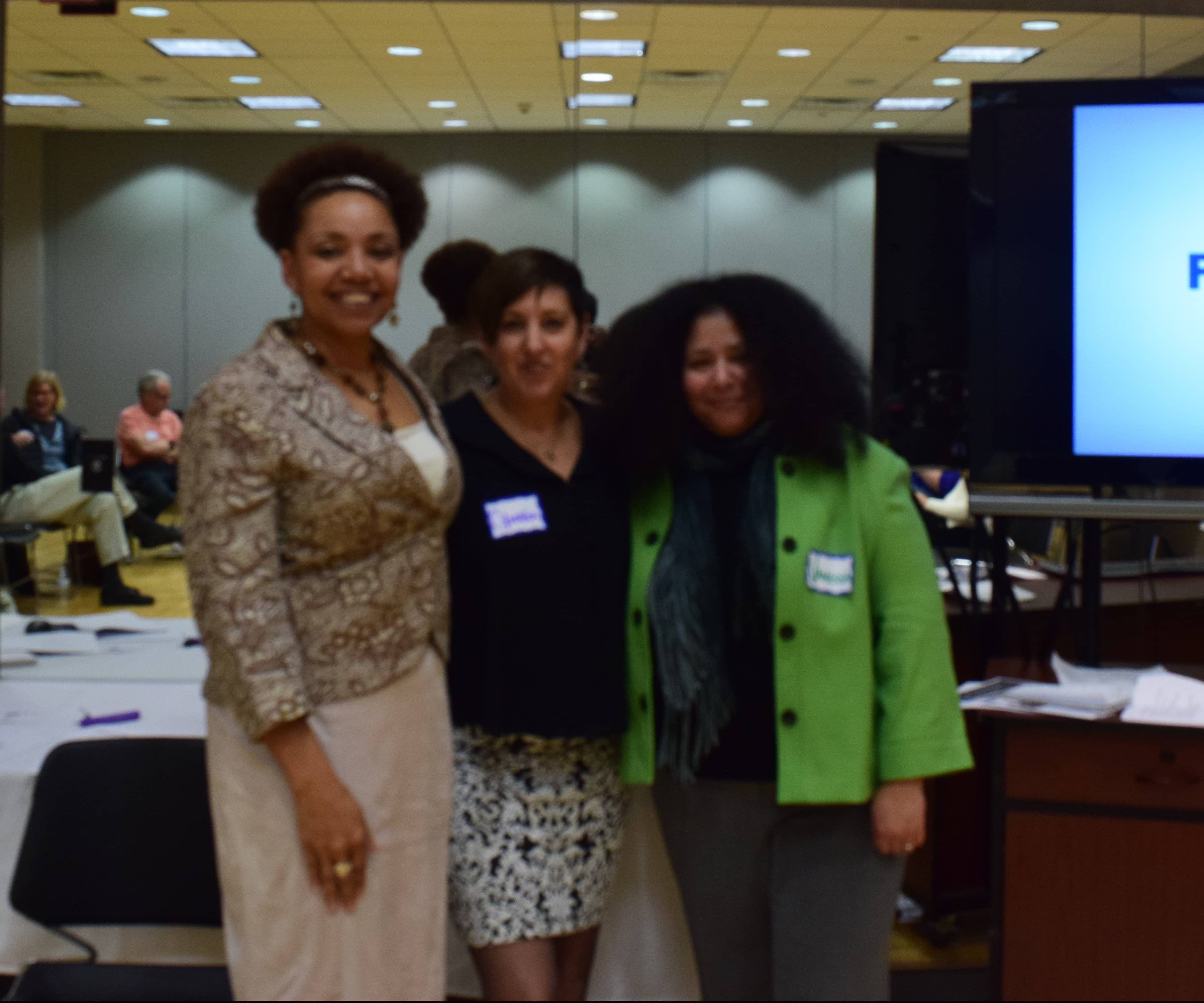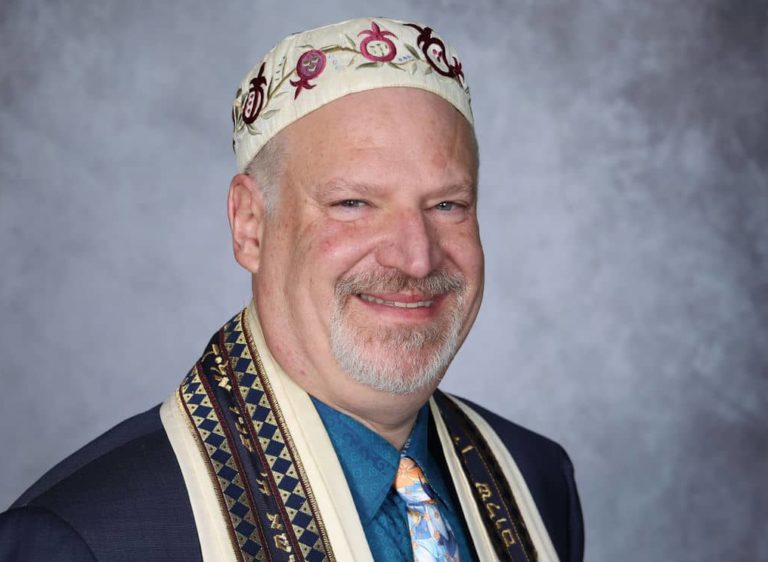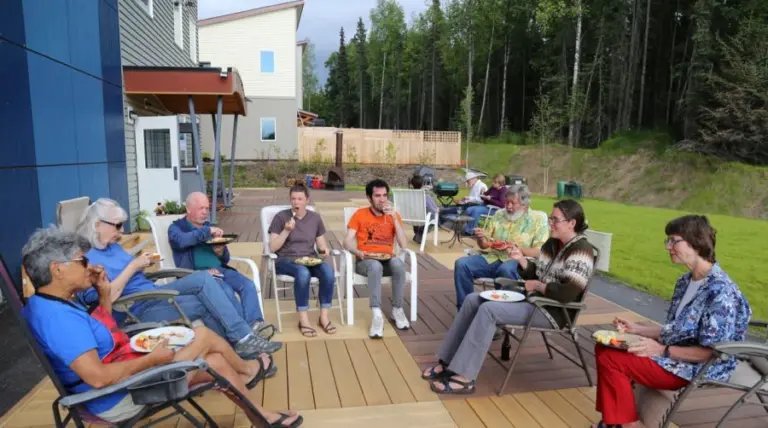

By Chéye Roberson
Sentinel Reporter
Dorothy Nins, a social justice consultant for the YWCA, invited members of the Greenwich and greater Fairfield County community to the YWCA on Mar. 22nd to discuss strategies on how to end racism and become advocates for racial justice.
Nins said that after the movie “The Help” came to theaters, she felt there were things people wanted to voice about race relations but did not know how to do it. Since then, she has turned to the YWCA to help her open a conversation with the community.
“If you ask people the mission of the YWCA, most people don’t know it started with abolitionists, and we really should continue that mission,” said Nins.
The mission of the YWCA is to both “eliminate racism and empower women.”
Nins reached out to Cynthia Martin, director of programs at National Conference for Community and Justice, and Vanessa Gonzalez, a youth program educator for high school and middle school students, who led the discussion.
“The conversation didn’t start here, but it is a step. We believe racism can end, and it can end because I had something to do with it and we had something to do with it,” said Martin.
NCCJ stands for the National Conference for the Community and Justice. NCCJ is a human relations organization that promotes inclusion and acceptance by providing education and advocacy to build communities that are respectful and just for all.
Martin wanted to stress that although people alive today did not live through the American slave trade or other historical racial injustices the current the current generation are the ones who can work towards fixing.
“Change hinges on our ability to separate fault from responsibility,” said Martin.
For example, Martin said that smog is increasing in Los Angeles, and that although many people living there are not to blame for the smog, they still have to find a solution.
“Like the smog of Los Angeles, it’s not started by this generation, but it’s up to us to do something about it now. It’s not my fault, but I want to do something about it. Why? Because I can,” said Martin.
She explained the definition of “meritocracy,” a system in which the talented are chosen and move ahead on the basis of achievement, and discussed how that idea is hindered through institutional racism.
Martin and Gonzalez- Rivera devoted a portion of the presentation to giving examples of underlying racism found in the War on Drugs campaign. President Nixon began the War on Drugs campaign in 1971 and devoted two thirds of its budget to treatment while one third went toward enforcement.
As the years progressed and great numbers of inner city residents and minorities were arrested, the strategy of treatment over enforcement reversed. According to Martin, funding for drug treatment was nearly eliminated by the mid-1980’s. Martin said that over the next few years, the justice system would hand out much harsher sentencing for crack violations in comparison to powder cocaine offenses. Crack is far cheaper and is used more heavily by minorities in the inner cities, while the more expensive powder cocaine is used more often by the suburban white population.
“We associate racism with the KKK and white supremacy, but it’s not like that,” Martin said. She pointed out that oppression includes conscious and unconscious attitudes directed toward a subordinate group in a society.
“Racism is not inherent, it is learned,” Martin added. “Racism is embedded in our society occurring on institutional, cultural, and individual levels.”
Adrian Singer, the president and CEO of YWCA Greenwich, was also in attendance. Every year the YWCA gives scholarships to high school seniors who have demonstrated work in the area of social justice.
The YWCA and the NCCJ with be partnering again for a two-day workshop beginning on May 5.




